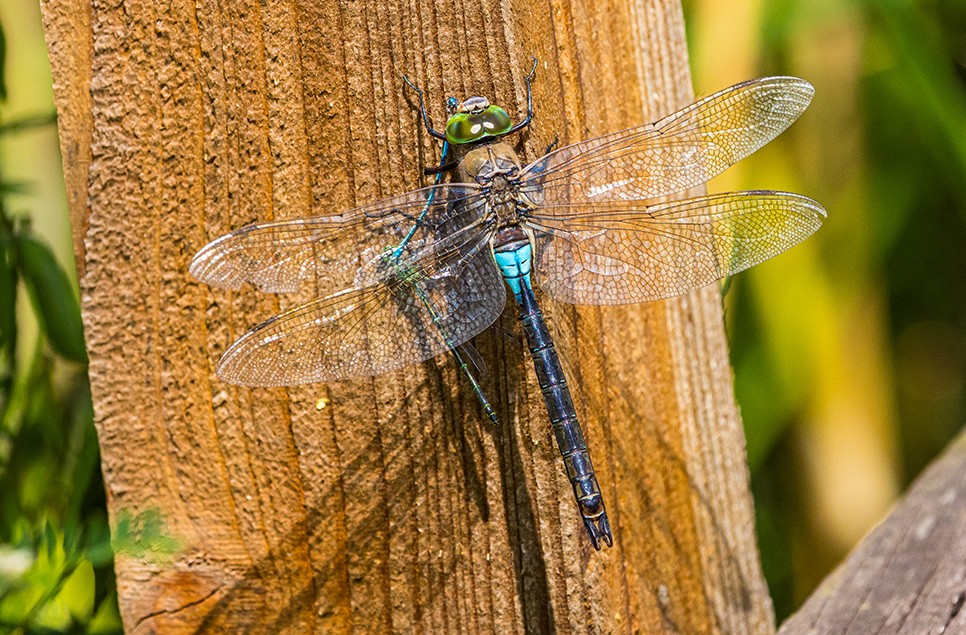WWT reaction to proposed goose shoot ban
A proposed ban on shooting one of England’s rarest birds is welcome, but a fundamental change in policy is needed if other vulnerable birds are to recover, says WWT.
A proposed ban on shooting one of England’s rarest birds is welcome, but a fundamental change in policy is needed if other vulnerable birds are to recover, says WWT.
England is the last of the seven countries in the range of Greenland white-fronted geese to propose a shooting ban. Yet unknown numbers of other declining species are legally shot each year, including the common pochard which is at risk of global extinction.

Rather than rely on moratoriums to protect only the most endangered birds, WWT would like hunters, government agencies and conservationists to work together on collecting the information needed to manage all hunting in a sustainable way.
For instance, if UK shooters were to report how many of each species they shoot in a season, as happens in other countries, the data could inform a flexible system to manage hunting and ensure bird populations are not over-harvested.
WWT Director of Conservation James Robinson said:
“I welcome the proposed ban but we need broader change to check the unquantified shooting of all endangered birds.
“The UK Government is currently considering whether a shooting ban is proportionate to save a small number of geese. But we would ask ‘why wait till the 11th hour before acting to prevent the loss of a species from the landscape?’
“Britain has a rich history of monitoring waterbird numbers for conservation. Most of the information required is already available. But without knowing how many are shot each year, it’s impossible to quantify whether hunting of a particular species is sustainable, or whether it’s driving the population down to a dangerous level.
“In today’s world, our wildlife faces so many emerging threats. No one wants hunting to make matters worse.”



